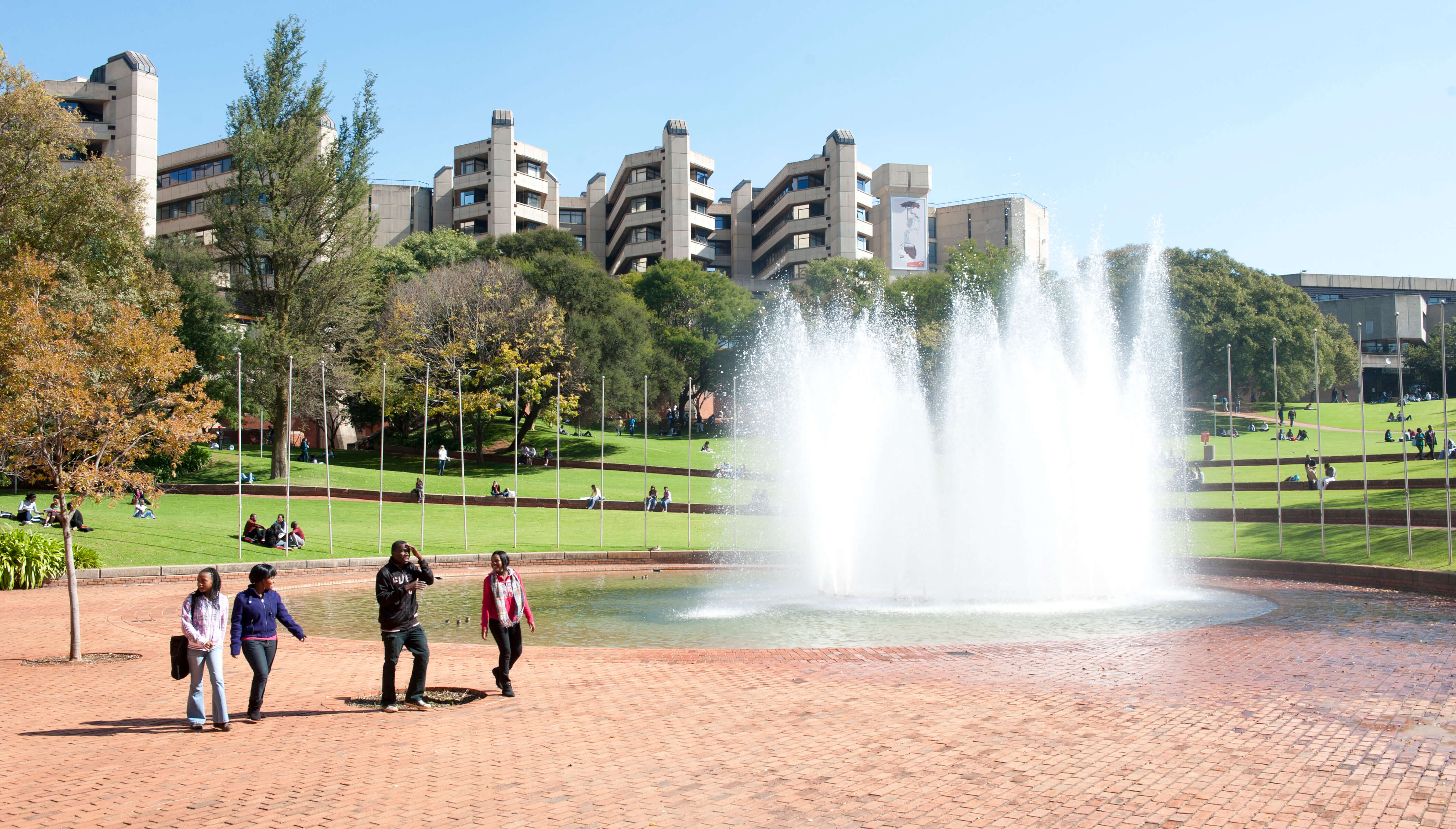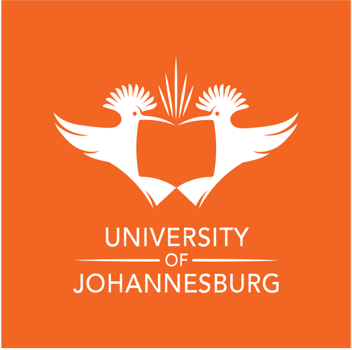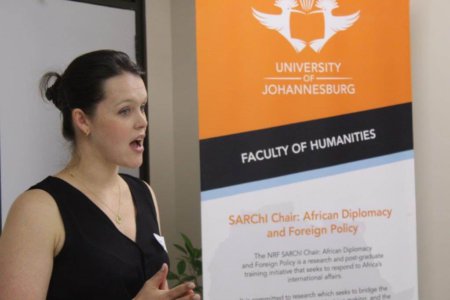The road to global citizenship is not easy — unless you’re a student at the University of Johannesburg. Here, over 50,000 students representing 80 countries are en route to bettering the world. Many can be found in its Faculty of Humanities, which is ranked among the top 400 universities worldwide, according to Times Higher Education.
The recognition it has racked up globally is understandable. As more universities scramble to incorporate societal relevance and impact to their curricula, the Faculty has made positive, global-scale change the goal across its departments of Anthropology and Development Studies; English; History; Philosophy; Politics and International Relations; Psychology; Religion Studies; Social Work and Community Development; and Sociology.
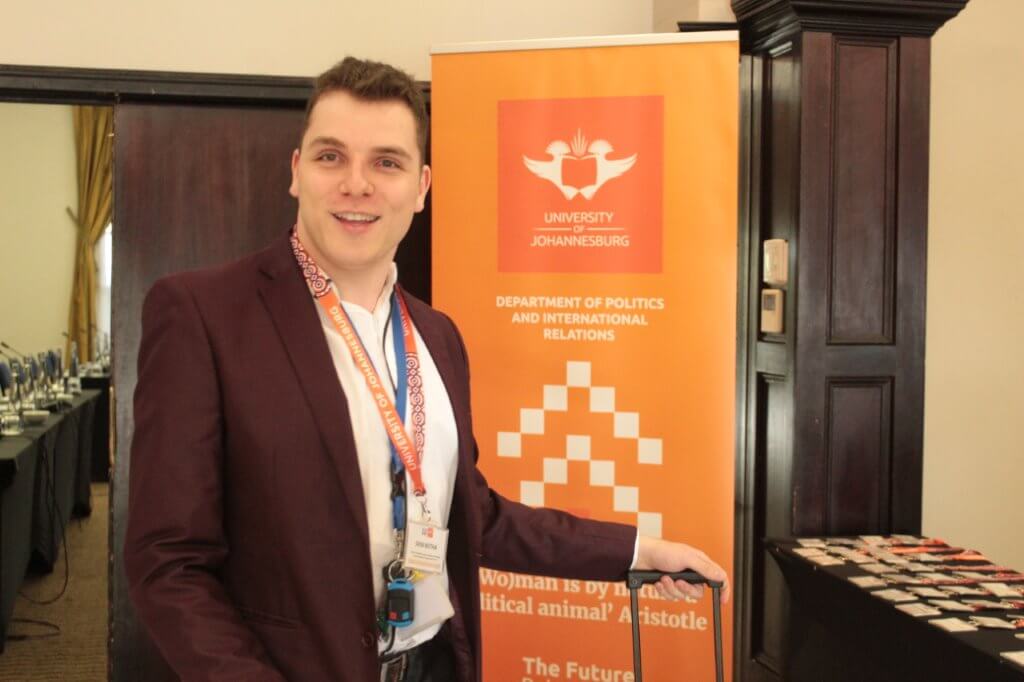
Source: University of Johannesburg
Each subject area has a pivotal role to play in shaping the future. The Department of Politics and International Relations is one of the Faculty’s most paramount divisions for various reasons. Start with the fact that the world of politics never stands still. To truly thrive in an ever-changing field, students will need to immerse themselves in updated curricula and cutting-edge teaching methods — both of which the University of Johannesburg effortlessly offers through a range of postgraduate programmes.
Here, postgraduate offerings cover Africa-China Relations; International Conflict; International Political Economy; Pan-African Thought; Political Risk Analysis; and South African Politics; among others.
Enriching, interest-building majors and elective modules span Sociology; History; Development Studies; Public Management and Governance; Philosophy; Economics; Journalism, Film and Television, as well as Psychology.
All interests are nurtured by a dynamic, award-winning group of 10 experts — each of whom works in a variety of areas, have discovered groundbreaking new knowledge, and is ever-willing to offer personalised supervision and influence interdisciplinary excellence. With their help, students explore various topics with the underlying aims of contributing to academic literature and improving the human condition.

Source: University of Johannesburg
After all, the University of Johannesburg is ranked among the world’s top 100 for actively working towards the United Nations’ 17 Sustainable Development Goals — the importance of these efforts are emphasised in every classroom and lecture hall.
Hence, the most obvious career paths for politics and international relations graduates include adding value in some of the world’s most valuable sectors — think the diplomatic service, government institutions, research think tanks and organisations, journalism (political or otherwise), marketing, policymaking, gender activism, banking, political risk assessment, tourism, development agencies/banks, the military and/or intelligence sector, academia, and international non-governmental organisations (such as Oxfam, Amnesty International or Human Rights Watch).
Students are encouraged to begin mastering professional life well before graduating. For example, Johannes Sekgololo, a recent graduate from the Department of Politics and International Relations, provided teaching support in a variety of courses and co-led the tutoring team as a senior tutor. His opinions have appeared in multiple newspapers, including Mail & Guardian and The Independent. He provided research assistance in a multi-country research project gauging differences, similarities and areas of opportunity in the digital policies of countries on the African continent and individual countries.
Today, Sekgololo remains at the university that made him, imparting knowledge as an academic tutor. His role entails providing academic feedback to students and helping them design individualised support programmes. He also serves as lead editor of the university’s Political Animal Newsletter.
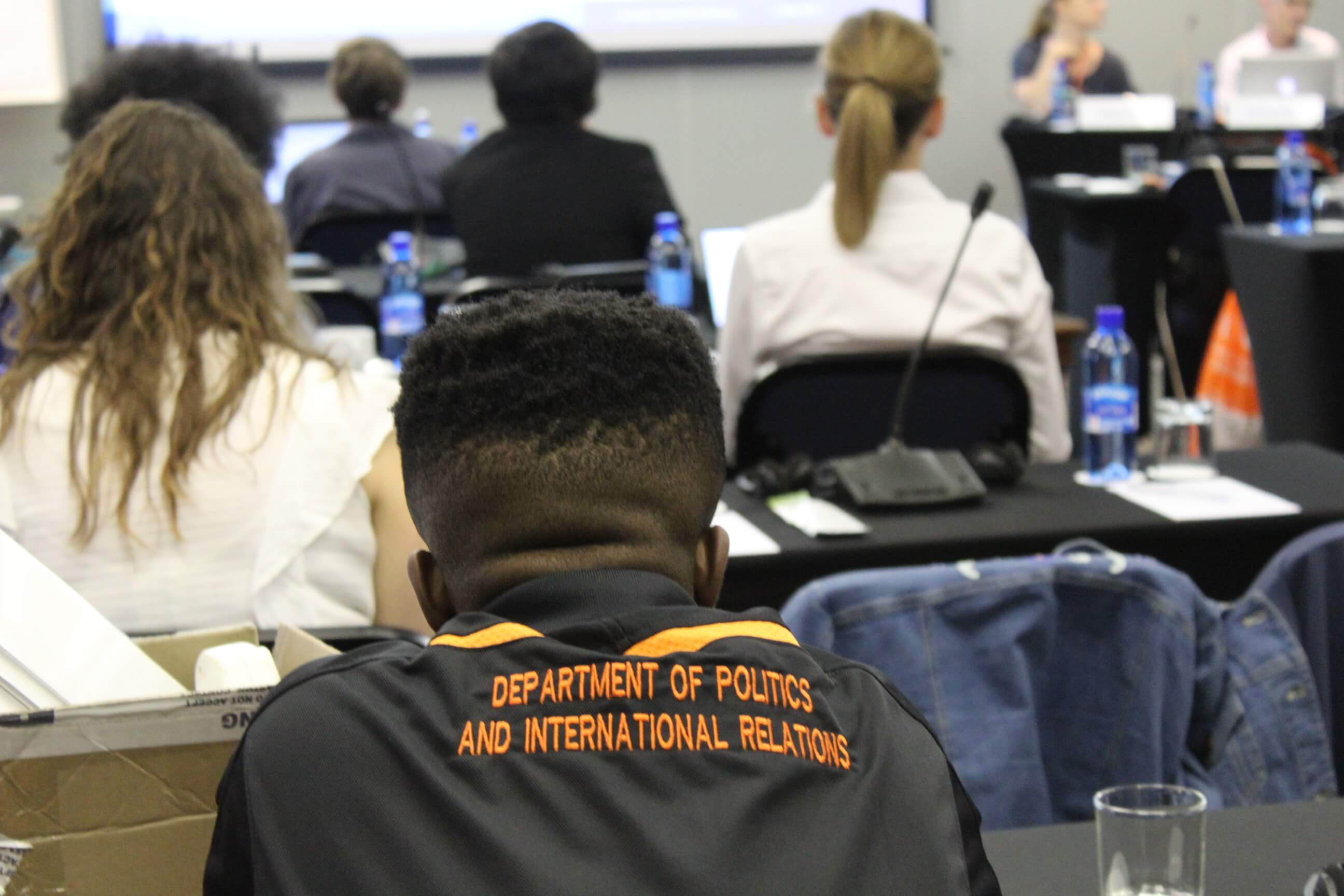
Source: University of Johannesburg
Those keen on publishing as respectable researchers are welcome to do so as well — the Department of Politics and International Relations launched a new journal called Digital Policy Studies, which is an open-access, peer-reviewed interdisciplinary academic journal focused on digital policy and the fourth industrial revolution and related topics
to encourage just that. The initiative focuses on encouraging students to submit their work by refining students’ theses and dissertations for publication.
Students are guided through the process of peer review — a requirement in academic writing and a desirable competency in several other sectors. How better to stand out in the world of work?
To further boost the employability of students, the department hosts a suite of seminars and webinars presented by scholars and practitioners throughout each academic year. Their insights often do wonders when it comes to broadening the horizons of students looking to pinpoint how they will make a difference in the world.
Follow the University of Johannesburg on Facebook, Twitter, LinkedIn, Instagram and YouTube

